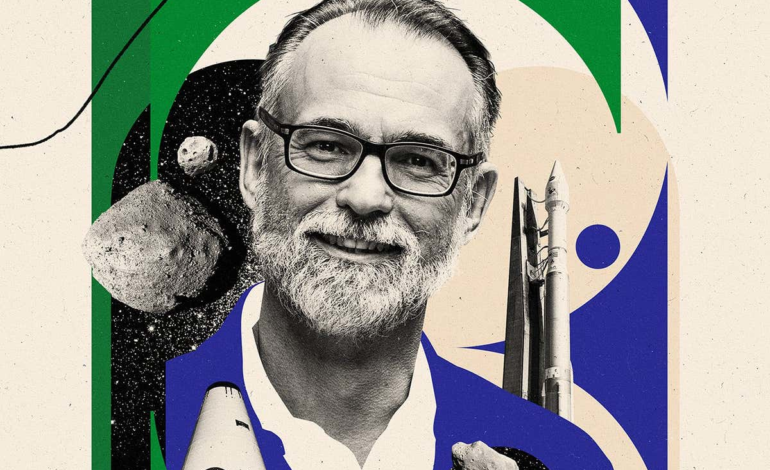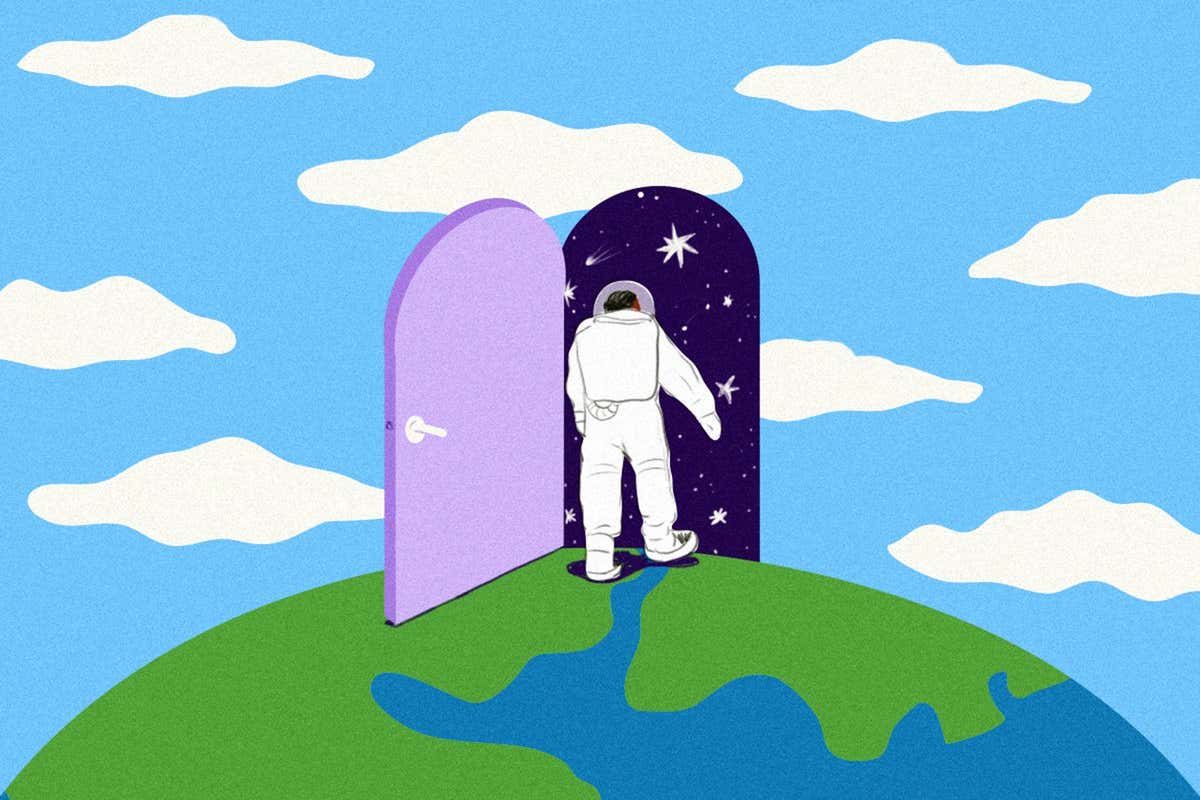
How our golden age of asteroid exploration could reveal life's origins

ON THE morning of 24 September 2023, Dante Lauretta woke up early, his pulse racing. For 20 years, he had been working on a NASA space mission that aimed to scoop up a sample of an asteroid and return it to Earth. Now, it was time for the sample capsule to land. If anything went wrong, it could end up smashed to smithereens on the desert floor, as flat – and as useless to science – as a pancake.
Thankfully, the landing was successful. And since that day, researchers led by Lauretta, a planetary scientist at the University of Arizona, have been busily examining crumbly, jet-black material from the asteroid Bennu. Their mission, called OSIRIS-REx, is one of several similar efforts in what arguably adds up to a golden age of asteroid science. We now have no less than three pristine samples brought back from asteroids and there are thrilling plans afoot to visit others (see “Encounters with asteroids”, below).
Lauretta has written a book about the OSIRIS-REx mission called The Asteroid Hunter. Here, he tells New Scientist about why asteroid samples are important, what his team has discovered so far and his jaw-dropping hypothesis that Bennu might be a fragment of a lost ocean world, one which may have had warm, watery conditions that could have made it an incubator for the building blocks of life.
Joshua Howgego: You watched from a helicopter as the OSIRIS-REx samples landed. How tense was it?
Dante Lauretta: I got up at 1.30 that morning because we had…




